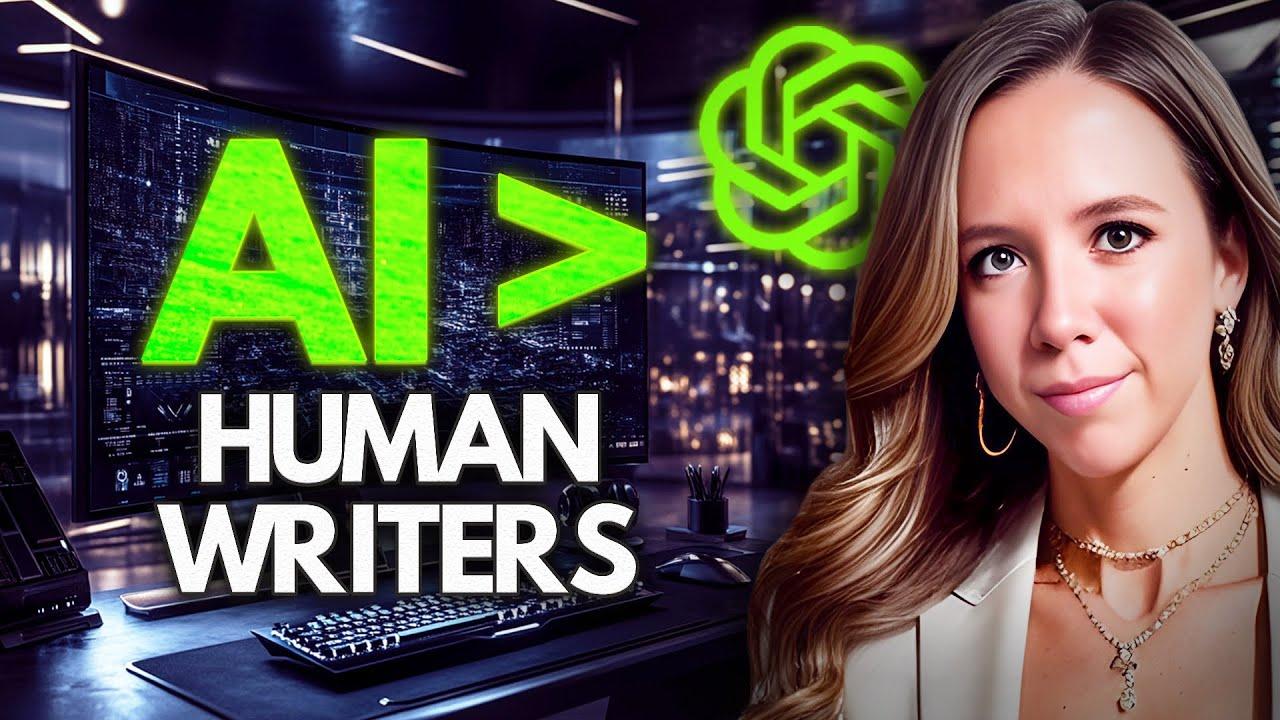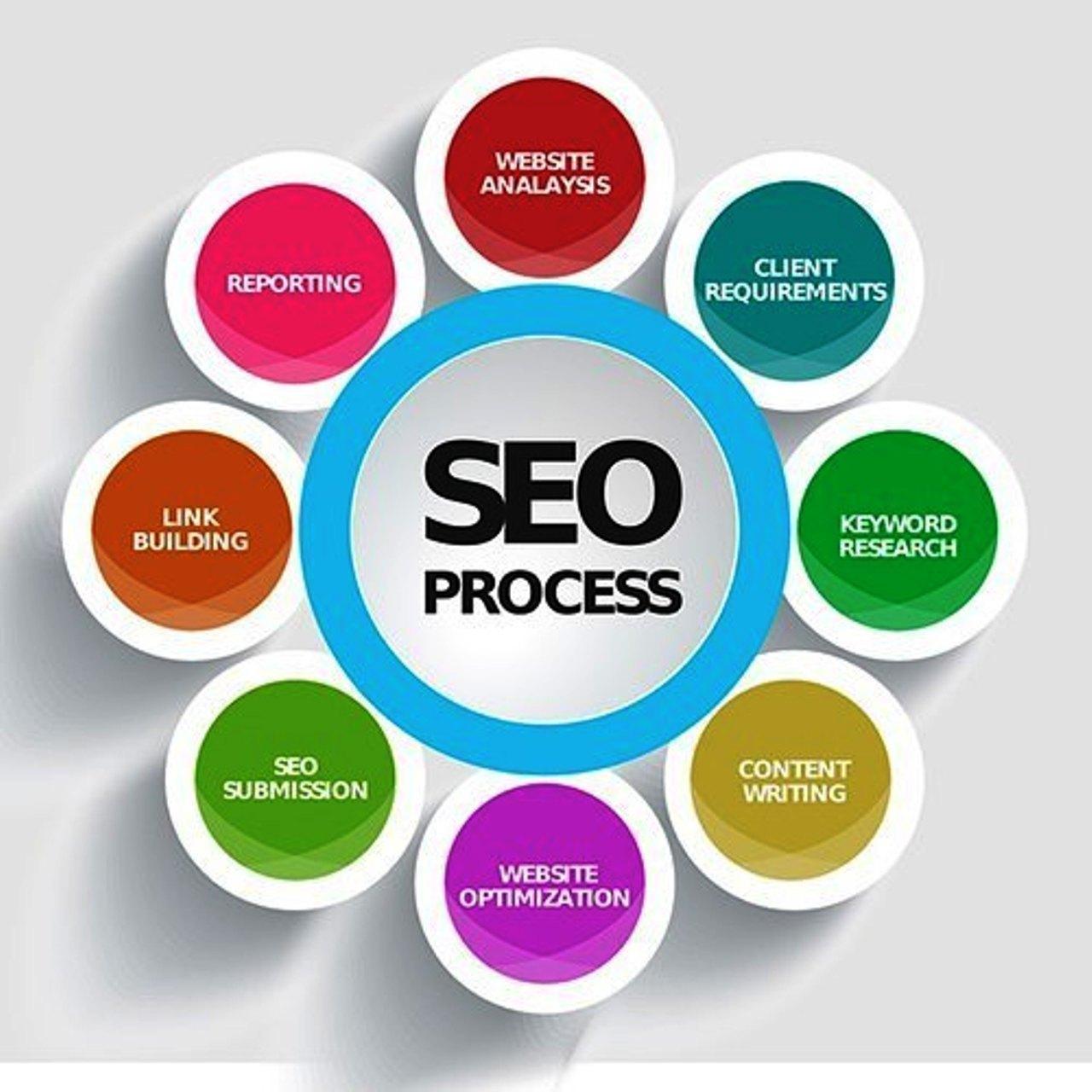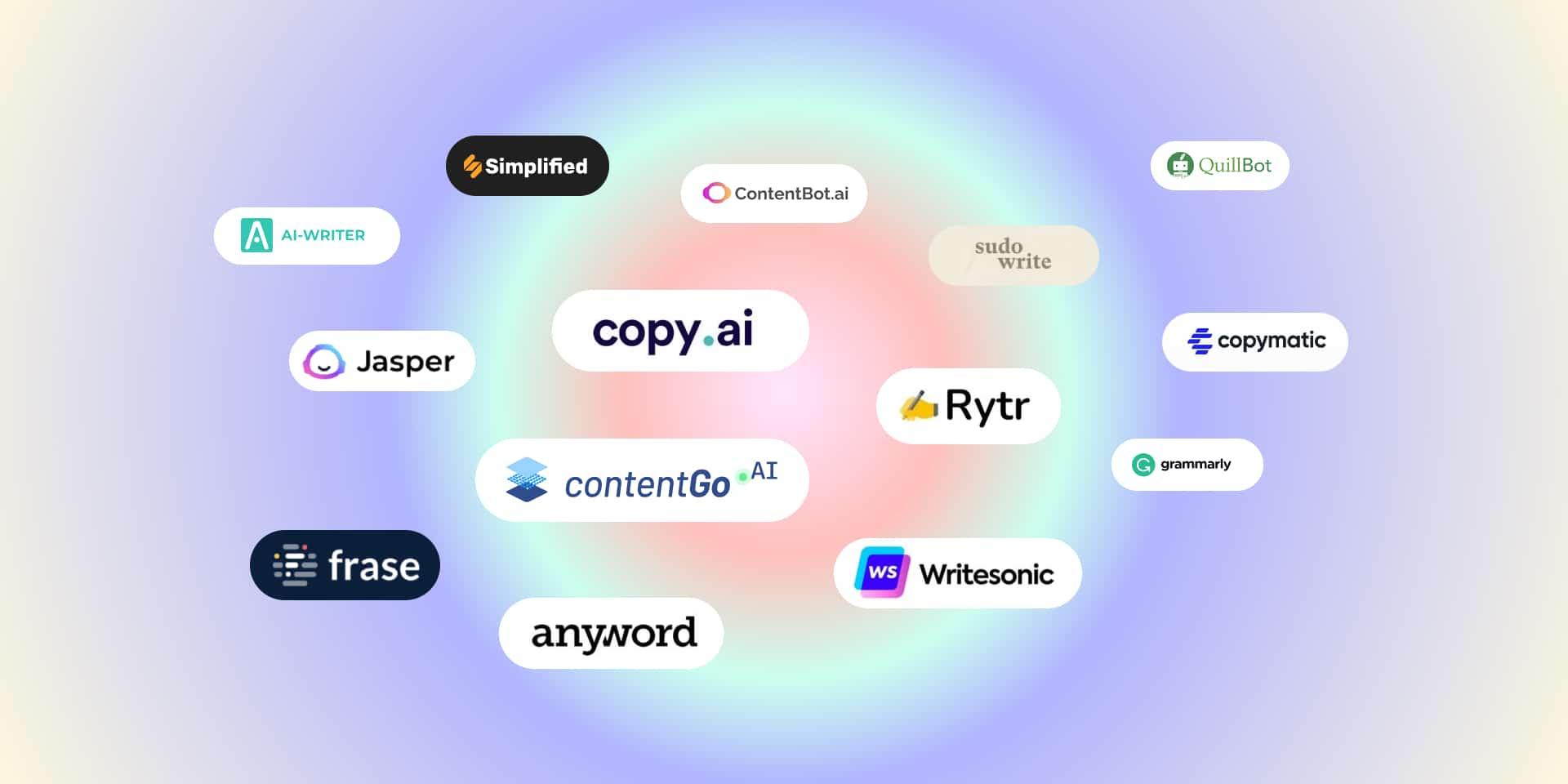
Can ChatGPT Beat a Human Writer? Watch Me Use it to Write a Full Blog
In the rapidly evolving landscape of content creation, the question arises: can machines truly replicate the creativity and nuance of human writing? This intriguing dilemma is at the heart of the YouTube video titled “Can ChatGPT Beat a Human Writer? Watch Me Use It to Write a Full Blog.” In this post, we’ll dive into the insights and techniques showcased by the creator as they explore the potential of ChatGPT as a formidable writing partner. With advancements in AI technology, including the impressive capabilities of ChatGPT’s latest models, the video presents an exhilarating tutorial on crafting a 2,000-word blog post in just under 20 minutes. By marrying the efficiency of AI with human editing, the creator argues for a future where writers can harness these tools to achieve unprecedented productivity. Join us as we unpack the methods shared in this video, reflecting on the balance between technological innovation and the irreplaceable human touch in the art of writing. Whether you’re a seasoned writer or a curious observer, this discussion could reshape your understanding of the writing process in the age of artificial intelligence.
Mastering the Art of AI-Enhanced Writing

In the digital age, harnessing the right AI tools can dramatically transform your writing process. With advancements like ChatGPT, writers can achieve unprecedented efficiency—responsibly using AI as a brainstorming partner rather than a crutch. Consider these key benefits of integrating AI into your writing routine:
- Enhanced Brainstorming: Generate ideas rapidly with AI suggestions.
- Speedy Drafting: Create first drafts in a fraction of the time it would take manually.
- SEO Optimization: Utilize AI’s analytical capabilities to improve your content ranking.
- Iterative Refinement: Use ongoing feedback to hone your content progressively.
The evolution of models like GPT-3.5, GPT-4, and the latest iterations show a marked improvement in producing coherent, practical, and engaging content. By leveraging these advancements, writers can not only match but potentially exceed the output of traditional human writing. Here’s a brief comparison of various AI tools that exemplify this evolution:
| AI Tool | Strength | Best for |
|---|---|---|
| ChatGPT | High Efficiency | SEO-Optimized Content |
| Claude | Conversational Depth | Customer Support Scripts |
| Perplexity | Research Capability | Academic Writing |
Unlocking the Secrets to High-Quality SEO Optimization

Utilizing advanced AI tools like ChatGPT has revolutionized the writing process, allowing for remarkable efficiency in creating high-quality content. With the ability to generate a 2,000-word blog post in under 20 minutes, writers can achieve incredible productivity, especially when they harness these capabilities alongside human editing. This blend not only enhances the writing process but also ensures an optimization score exceeding 70, which is essential for effective SEO. Here’s how to use AI effectively:
- Select the right AI tool: Ensure you have the latest ChatGPT subscription for optimal results.
- Set clear goals: Define the topic and keywords to focus your AI-generated content.
- Incorporate human touch: Edit the AI output to add personal insights and ensure the content feels authentic.
Moreover, as AI technology evolves with each new model released, the quality of generated content continues to improve drastically. Tools like ChatGPT not only craft useful and practical content but also adjust to SEO standards that help with indexing by search engines. By leveraging these advancements, writers can produce not just fluff but significant, engaging pieces that capture audience attention. The following table highlights some essential features:
| Feature | Description |
|---|---|
| Speed | Generates content quickly for boosted productivity. |
| Quality | Produces practical, non-fluff writing that resonates with readers. |
| SEO Optimization | Achieves high optimization scores for better visibility. |
Maximizing Efficiency: The Perfect Match of AI Tools and Writing Goals

Leveraging advanced AI tools like ChatGPT can be a game-changer for achieving writing goals efficiently. The key lies in pairing the right tool with your objectives. In this case, ChatGPT’s reasoning capabilities allow it to generate high-quality content rapidly, delivering results that would typically require extensive human effort. A well-defined prompt can lead to a substantial reduction in writing time, enabling writers to produce a 2,000-word blog post and achieve above a 70% SEO optimization score in just under 20 minutes. By minimizing fluff and focusing on practical, valuable information, a blog powered by AI can rival traditional methods while freeing up time for other creative pursuits.
Your results will largely depend on how you utilize AI in your writing process. Here are some tips to maximize efficiency:
- Define Clear Goals: Be specific about the content you want to create and its purpose.
- Utilize SEO Techniques: Optimize prompts to ensure relevant keywords are incorporated from the start.
- Integrate Human Touch: After generating content, go through the text to make any necessary adjustments for tone and style.
- Experiment with Updates: As new models are released, test their capabilities to maintain a competitive edge in your writing.
| Tool | Efficiency Gain | Recommended Usage |
|---|---|---|
| ChatGPT | 25x | Blog Writing, SEO Optimization |
| Claude | 15x | Research, Content Curation |
| Perplexity | 10x | Data Analysis, Insights Gathering |
Navigating the Future: The Evolution of AI Writing Models and Their Impact on Human Creators

The landscape of writing is undergoing a profound transformation, driven by the emergence of advanced AI writing models like ChatGPT. These systems, equipped with remarkable reasoning capabilities, allow for a seamless fusion of technology and creativity. By matching the right AI tool with specific writing goals, creators can achieve unparalleled efficiency, with reported gains of up to 25 times. This dynamic highlights a crucial synergy—when harnessed correctly, AI does not merely supplement human creativity; it amplifies it, producing high-quality content at a speed and consistency that many human writers may find challenging to match. The reality is that with each iteration of models such as ChatGPT (from 3.5 to the latest AI generations), the quality of output continues to improve, offering writers an unprecedented resource to streamline their workflow.
However, the evolution of AI writing tools also prompts important questions about the future role of human authors. Although AI systems can generate practical, well-structured content, human insight and nuance remain irreplaceable aspects of storytelling and creative expression. While AI can outperform many human writers in generating informative text quickly and effectively, it still relies on human oversight to ensure the content resonates on a deeper emotional level. As we look ahead, the collaboration between AI and human creators will likely redefine writing paradigms, leading to enhanced creativity and productivity across industries. Therefore, rather than viewing AI models as competitors, we should see them as partners in a new age of collaboration, where the strengths of each can lead to remarkable achievements.
The Way Forward
As we wrap up this exploration of AI’s impressive writing capabilities, particularly with tools like ChatGPT, it’s clear that the landscape of content creation is evolving at lightning speed. In our discussed video, we dove into how this powerful tool can produce a high-quality, SEO-optimized blog post in a fraction of the time it would take a human writer. With the right strategies and techniques, we’ve seen that the synergy between AI and human creativity can yield astonishing efficiency gains—potentially multiplying output by 25 times or more.
We also touched on the need for human touch and oversight, as ChatGPT may still require a fine-tuning process to ensure the content resonates with your audience. While some may wonder if AI can surpass human writers, it’s evident that each has its strengths and when combined thoughtfully, they can create content that is both effective and engaging.
As you venture into your own writing journey—whether you decide to embrace AI assistance or stick with traditional methods—consider the insights shared. The key takeaway here is to leverage technology as a powerful ally rather than a replacement. With tools advancing continually, the future of writing looks promising.
Thank you for joining us in discussing the cutting-edge interplay between AI and the art of writing. We hope you’ve gained valuable insights and are inspired to experiment with these tools in your future projects. Happy writing, and don’t forget to check back for more discussions on the intersection of technology and creativity!



